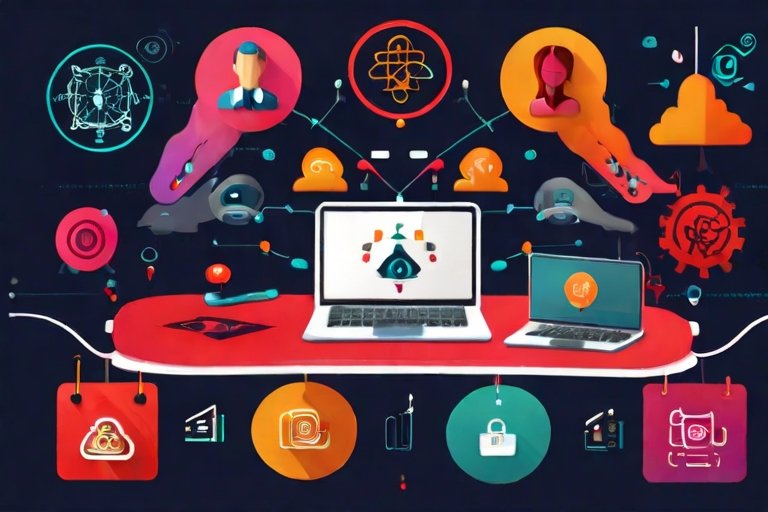CRM 2.0: Exploring the Future of Customer Relationship Management with AI

Related Posts

Cognitive Computing and Emotional Intelligence in CRM Systems
The Role of Cognitive Computing in Enhancing CRM Systems Cognitive computing has emerged as a powerful technology in enhancing CRM systems. By utilizing advanced algorithms and machine learning, cognitive computing can analyze vast amounts of customer data to uncover patterns,...

The Future of Voice-Activated CRM: Integrating AI Assistants
Key Challenges in Voice-Activated CRM Integration Voice-activated CRM integration poses several key challenges for organizations aiming to streamline their customer relationship management processes. One significant challenge is the accuracy of voice recognition technology. Although advances in artificial intelligence have greatly...

Augmented Reality in CRM: Transforming Customer Experiences with AI
Customer relationship management (CRM) has come a long way since its inception. Initially, CRM systems were primarily focused on managing customer data and organizing contacts. However, as technology advanced and businesses recognized the significance of building strong relationships with their...
Table of Contents
hide
